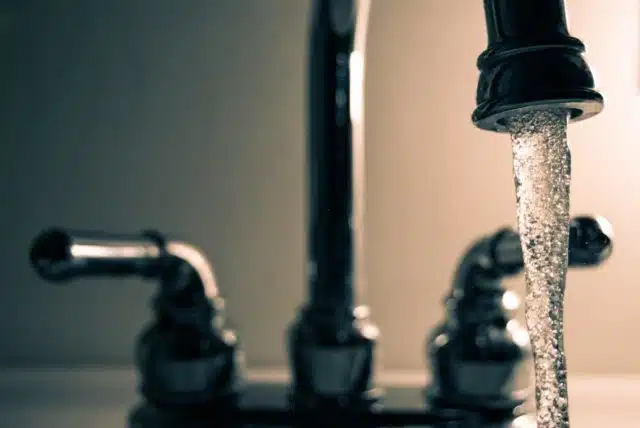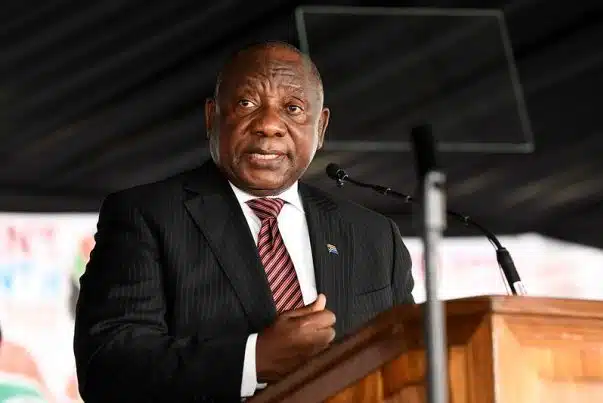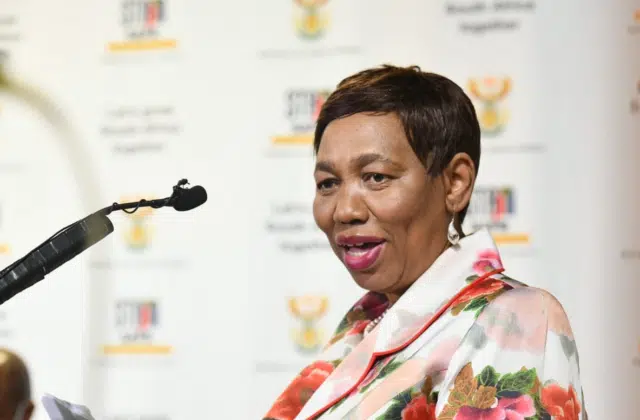
Water services in South Africa deteriorating – despite billions spent on projects
Water and sanitation minister Senzo Mchunu states that there is an “abnormality” in South Africa where community water services continue to decrease– regardless of his department making considerable grant allotments to different jobs.
In his spending plan vote speech provided to parliament on Friday (13 May), Mchunu kept in mind that R37.4 billion has actually been designated over the next 3 years for conditional facilities grants for community water services.
This consists of R19 billion for the Regional Bulk Infrastructure Grant and R14 billion for the Water Services Infrastructure Grant. These grants will be invested in 313 various jobs throughout the nation, he stated.
” It is an abnormality that community water services continue to decrease while we make these extremely significant grant allotments. Mark my words– we are going to stop this moving forward– through essential intervention ensured to provide water,” the minister stated.
South Africa’s recently-published Blue Drop 2022 reportreveals a considerable decrease in the nation’s water quality, with 23% of towns flagged as being at vital danger.
Access to adequate, safe water is a fundamental best preserved by South Africa’s Constitution. The Water Services Act puts the obligation for the arrangement of water services on city government, while the oversight and tracking tasks are entrusted to the provincial and nationwide federal governments.
The 2022 report reveals that 40% of the nation’s water system systems accomplished microbiological water quality compliance, and 23% have actually attained chemical water quality compliance. When taking a look at the ‘drinkability’ of the water in these systems, the information programs:
- 48% of water system systems remain in the low-risk classification;
- 18% remain in the medium-risk classification;
- 11% remain in the high-risk classification;
- 23% remain in the vital threat classification.
Mchunu flagged non-payment by towns as a significant issue for the shipment of water services in the nation, keeping in mind that the Water Trading Entity– which handles water facilities and resources, and the sale of raw water– is owed nearly R25 billion from consumers.
Towns and water boards represent 65% of this financial obligation, Mchunu stated. Towns owed the water boards simply under R14 billion, due to non-payment by their water users. This in turn led to the water boards owing the Department R7.6 billion. Direct local financial obligation to the department totaled up to R8 billion.
The WTE has actually been designated R9.55 billion over the MTEF to enhance its spending plan for the advancement and management of nationwide water resource facilities. In overall, the medium-term expense quote for the Water Trading Entity is R51.6 billion, including R16.4 billion, R17.2 billion and R18 billion in 2022/23, 2023/24 and 2024/25 respectively.
“It is crucial that federal government as an entire addresses the issue of bad earnings management and financial obligations in the water sector,” Mchunu stated.
“If this issue is not dealt with, we will not see a sustainable enhancement in water and sanitation services. The underlying issue that all of us require to concentrate on is weak billing and income collection at a local level,” he stated.



